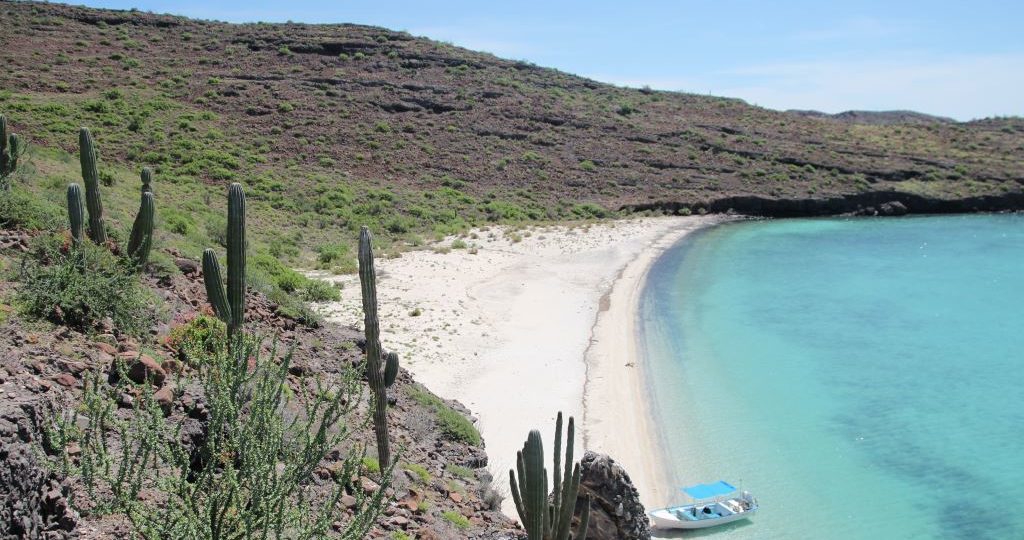Recovering Tourism and Saving Nature
In newly-released research, authors from The Nature Conservancy, the World Resources Institute and the University of Central Florida point to some of the changes to the world of travel and tourism imposed by Covid-19, and to responses which could ultimately favour nature, tourism, and the climate.
The importance of nature to tourism has been widely reported. The travel and tourism sectors account for 10.4% of global GDP as a whole, and wildlife tourism represents 3.9% of this figure, or $343.6 billion—a figure equivalent to the entire GDP of South Africa or Hong Kong.
These are huge numbers, but they only tell a fraction of the story, describing only tourism to view and experience animals in their natural habitat. In its recent compendium report on tourism, Nature4Climate observed, as a key principle, that nature is often significantly undervalued. Even with a wider definition of nature-based tourism, there’s an assumption that only activities should be counted: you have to watch whales, scuba dive, hike, paddle or climb. But those activities are all part of a much wider picture.
What about the role nature might play in beach preferences, in generating a plate of local oysters, or simply in providing the view from the hotel window? In fact, “nature dependency” is illustrated on the front pages of travel platforms from Tuscany to Tanzania where stunning images crowd you – mountains, beaches, forests, wildlife – from the bucolic to the dramatic. Almost half of the total tourism value of the world’s coral reefs comes from people wanting to sit on white-sand beaches, lapping up the views of turquoise waters, and enjoying fresh seafood dinners. They might never put their heads underwater, but these visitors’ experiences are still dependent on healthy reefs offshore.
Nature is a key determinant in destination choice world-wide – not only for the active wildlife-watchers, but also for those who may just want a room with a view. Once these more hidden values of nature are accounted for, we can also start to factor them in, and ultimately defend them. Tourism can then move from being a threat to the natural world, to being an ally and a life-line.
The impact of Covid-19 on nature has been far-reaching but heterogeneous. The canals of Venice are running cleaner. Birdsong can be heard in cities. Emissions from fossil fuels have dropped, even if only temporarily. At the same time, some Park Rangers are no longer being paid. Recreational fishing has slumped, while illegal fishing is on the rise. Job losses from the sector are placing extra pressure on natural resources as a source of food and security.
Post Covid-19, tourism numbers may remain low for some time. There may be fewer options with losses of hotels and travel companies, but patterns of travel may also change. Travellers may seek out places with space: avoiding city hubs in favour of less-developed locations with lower densities. Demand for healthy natural spaces will recover more quickly than for other destinations.
Given these changes, the travel sector would do well to plan for a different future rather than investing heavily in trying to claw back tourism volume at all costs. The value of nature, space and cleanliness will be enhanced, and will need to be secured. With lower visitor volumes, it will be critical to increase profits per visitor. This could be done through increased prices, but it may also be possible to reduce the “leakage” of tourism spending away from the host country or community. For some international operators and cruise-operators, the majority of tourism expenditure is lost to the destination in this way. Approaches such as the slow-food movement may give a helpful model—targeting local products, sustainable production, and fair wages to local communities.
As recovery begins, the greenhouse gas emissions from air travel will once again start to rise. If the model shifts towards lower density tourism, however, then perhaps the pre Covid-19 projections of extraordinary continued growth in the air travel sector will not happen.
We need tourism for income, livelihoods, leisure and recreation. In many places nature needs tourism to support protection—and tourism needs nature. This latter dependency is likely to increase post Covid, and destinations would do well to capitalise on it. Tourism needs to become local, sustainable, and spaced-out. The benefits will accrue to those destinations who act on this and build nature into their recovery plans.
Blog by Mark Spalding, Senior Marine Scientist, originally posted on Nature4Climate
— Photo caption —
Personally, I’m torn: I long to go with my family to a coral reef, or on an African safari, but worry about the emissions. Then again, I know that many of the great parks and wildlife phenomena, and the people who protect them, are utterly dependent on tourism. Perhaps post Covid-19 we’ll make that trip. A one-off, once-in-a-lifetime journey. We’ll avoid the crowds, try to ensure our payments stay local, and look to offset our emissions, perhaps in a scheme that is restoring forests or coastal wetlands with their dramatic carbon capture and storage potential.


